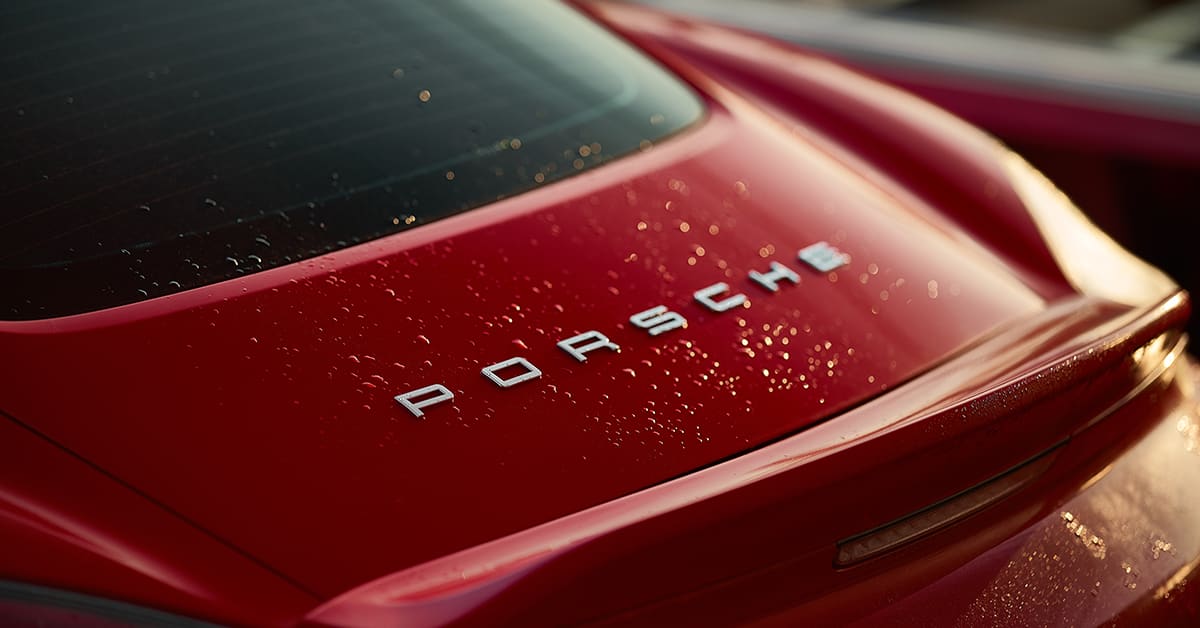Porsche's IPO shakes up this year's sleepy IPO market,raising roughly $9 billion.

Amid the latest market turmoil, one of the largest initial public offerings (IPOs) in European history, and the second largest ever in Germany, wowed investors. Luxury sports car maker Porsche debuted on the Frankfurt Stock Exchange on September 29, exceeding demand and shaking up this year’s sleepy IPO market.
The first eight months of 2022 recorded an 83% slump in new listings compared to the same period last year, with issuers raising less than $10 billion, according to Bloomberg. Through the sale of a 25% stake of preferred shares to the public, Porsche’s parent company, German car giant Volkswagen (VW), raised at once almost the same amount—around €9.4 billion (about $9.2 billion).
Volkswagen, which will keep a majority stake in the luxury car brand, managed to win the support of four cornerstone investors: investment management firm T. Rowe Price; and the sovereign wealth funds of Norway, Qatar and Abu Dhabi. With a total investment of €3.68 billion in the IPO, the funds now jointly own 40% of the shares offered.
Thanks to its landmark €75 billion listing ($73.5 billion), Porsche is priced higher than most of its competitors. Rightly so, according to Dan Ison, European equities portfolio manager at Columbia Threadneedle Investments.
“Porsche is the best car business in the market along with Ferrari, even if there is no real peer group for Porsche in Europe,” Ison says. “Ferrari is valued much higher but produces far fewer vehicles.”
However, the economic situation in Europe may hurt the newly listed sports car company. “Porsche’s success does not depend solely on the brand: we cannot see Porsche completely independent of the problems of the German economy,” says Ison. “The dependence on gas supplies is a general risk that has to be kept in mind.”
Porsche, being a hybrid between a luxury share and an industrial company, is much more affected by interruptions in the supply chain or a stop in energy supplies than other luxury companies, he explained.
In the complex deal, Porsche Automobil Holding, the holding firm controlled by the Porsche-Piëch family and Volkswagen’s largest shareholder (53%), secured voting rights, bringing control back to the families who had ceded it to VW in 2008.



